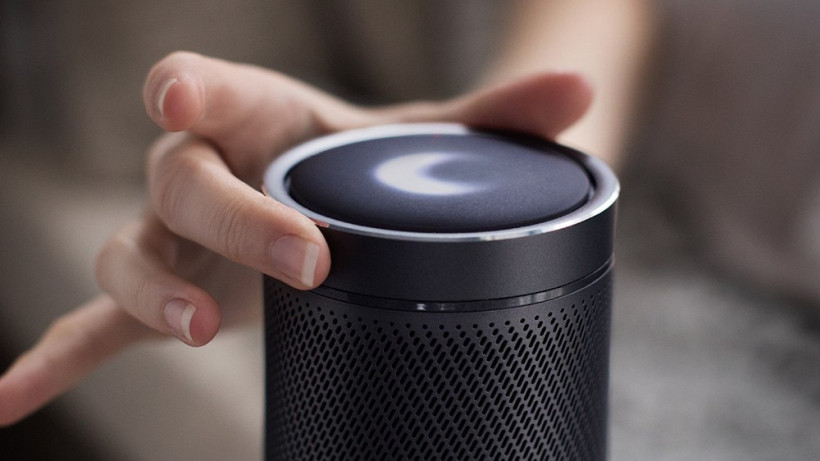And so you don't have to talk like an idiot
Signaling big changes ahead for Cortana, Microsoft has snapped up Semantics Machines, a startup focused on making AI more conversational.
Semantic Machines, currently based in Berkeley, California, is working on AI that goes beyond the typically simplistic exchanges we have with today’s smart speakers, making these interactions flow more naturally and require less effort.
For example, one of its key technologies, Conversation Engine, reads semantic intent from voice to understand the context of the conversation. It’s also about retaining context, so you can speak to it more like it’s a person, and less like a robot with a 3-second memory.
Among Semantic Machines’ experts are UC Berkeley professor Dan Klein, a big brain of natural language processing, and Larry Gillick, former chief scientist on Siri for Apple.
“Most of today’s bots and intelligent assistants respond to simple commands and queries, such as giving a weather report, playing a song or sharing a reminder, but aren’t able to understand meaning or carry on conversations,” wrote David Ku, chief tech officer at Microsoft AI and Research. “For rich and effective communication, intelligent assistants need to be able to have a natural dialogue instead of just responding to commands.”
We’re also seeing similar moves from Google right now, the most comparable example being Assistant’s Continued Conversations, which will create a more fluid back-and-forth when speaking to it. It also revealed the already-contentious Duplex, a more lifelike application of Assistant designed for carrying out phone calls with humans.
Semantic Machines will not only be part and parcel of Microsoft’s plans with its Azure Bot Service – for which it now has 30,000 developers – but its plans with Cortana on the PC, smartphone and beyond. Rumor has it the company is building a Cortana smart speaker of its own, while Cortana is already living in the Harmon Kardon Invoke speaker. Last year Microsoft also revealed an integration between Alexa and Cortana, though that’s still living in a limited beta.
At the very least, let’s hope all of this reduces the likelihood of another Tay, the Microsoft AI chatbot which was famously and speedily radicalized into a misogynist racist jerk by Twitter users, as much a warning of the pitfalls of artificial intelligence as a reflection of the garbage fire that is the internet.





